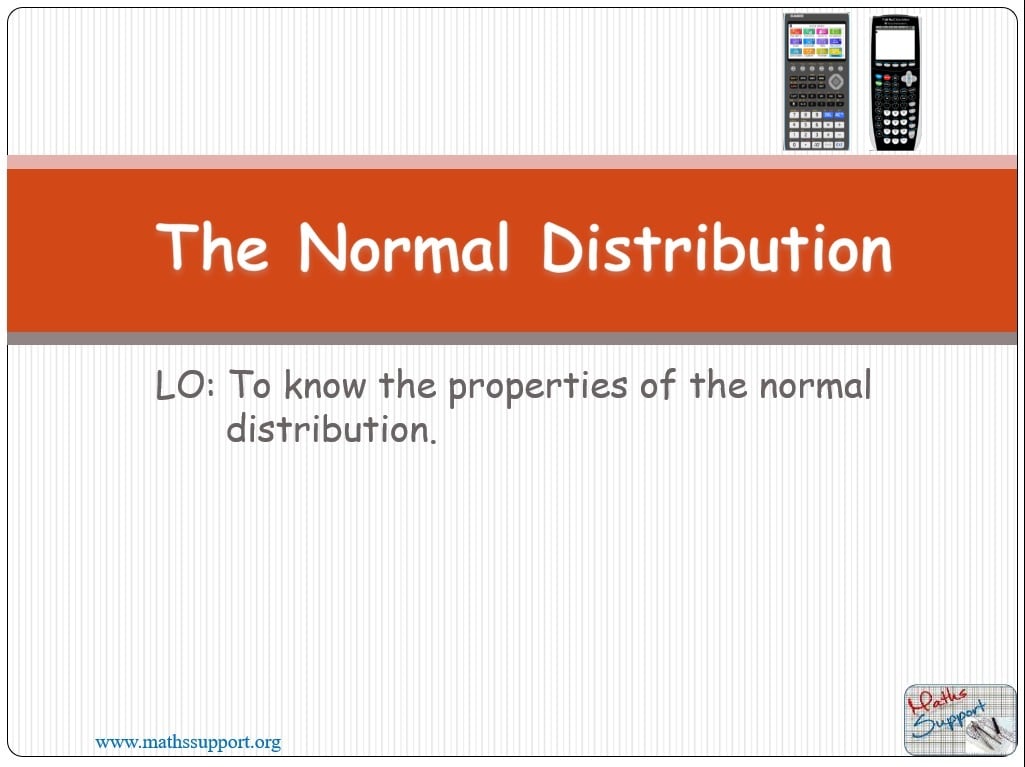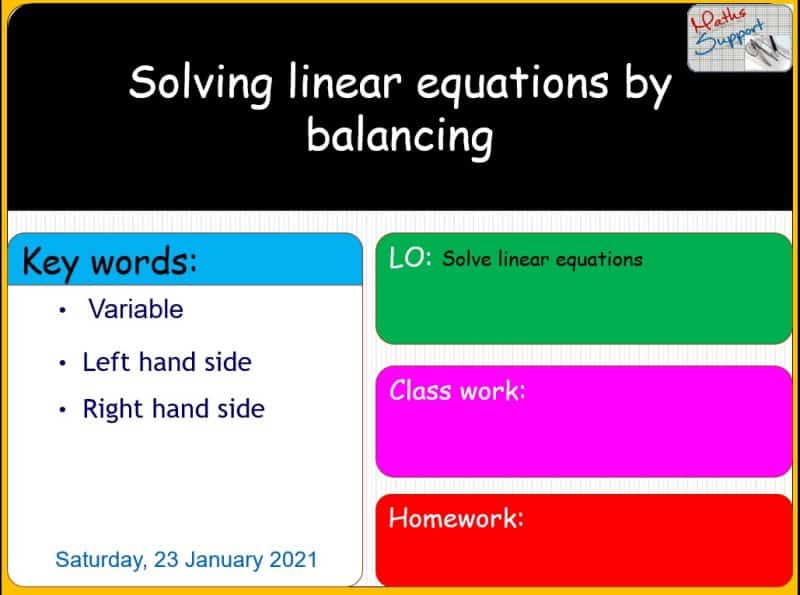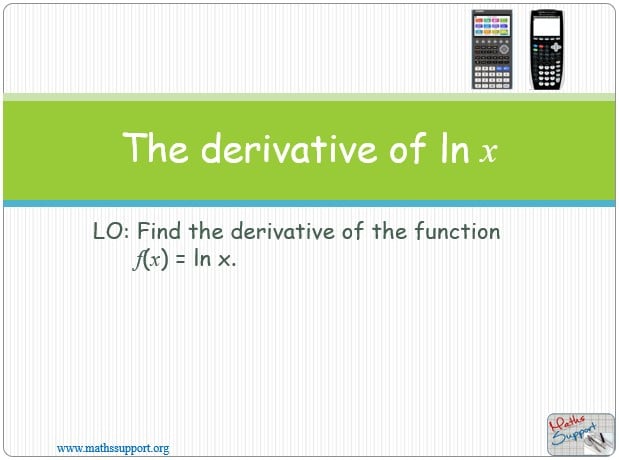Maths IBAI – 4.91 The normal distribution, properties
£5.00
somdn_product_pageThe normal distribution, curve and properties – Maths IBAI – SL
Engage in an enriching learning experience with our dual PowerPoint presentations explaining what normal distribution is, the shape of the curve and the properties of the normal distribution. Each presentation offers a unique perspective, one utilizing the Casio Graphing Display Calculator (GDC) and the other employing the Texas Instrument Graphing Display Calculator (GDC). Aligned with the Maths IB Applications and interpretation syllabus, our presentations aim to empower students with the skills to navigate and solve problems related to Normal distribution probabilities , utilizing the functionalities of diverse graphing calculators.
Content:
- Two PowerPoint presentation
File size:
-
- PowerPoint 1: using the Casio Graphing Display Calculator, PPTX (1.31 MB)
- PowerPoint 2: using the TI Graphing Display Calculator, PPTX (756 KB)
Number of slides:
- PowerPoint 1: 28 slides
- PowerPoint 2: 26 slides
Power Point presentation and PDF files
Be sure that you have an application to open this file type before purchasing.
If you don’t have those apps, for PowerPoint presentations you may have Microsoft office, for PDF files you may download a pdf reader here
Related resources:
Normal Probability calculations, Inverse Normal Calculations
Preview
Related products
-
Maths KS3 – 2.02.2 The nth term or a sequence
£3.50Find the nth term of a linear sequence – Maths KS3 Power Point presentation, 8 slides, Explaining with examples how to find the general term (nth […]
Quick View -
Maths KS3 – 2.03.1 Solving linear equations by balancing
£3.50Solving linear equations by balancing – Maths KS3 Power Point presentation, 14 slides, Explaining with examples how to solve simple linear equations using the balancing method, […]
Quick View -
Maths IBAA – 5.061.1 The derivative of ln x
£4.00The derivative of ln x – Maths IBAA – SL Power Point presentation, 15 slides, explaining how to find the derivative of functions involving ln x, […]
Quick View









